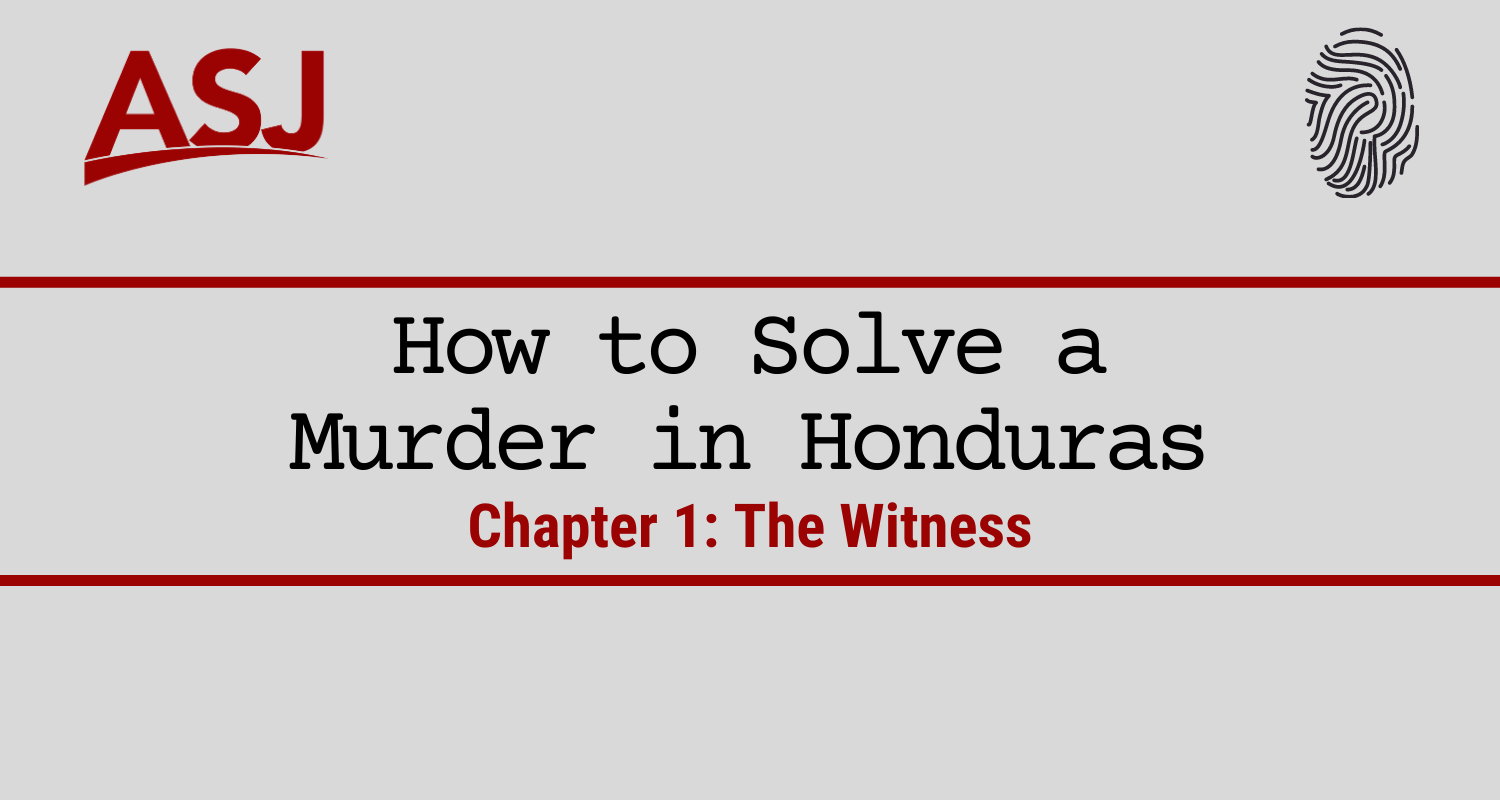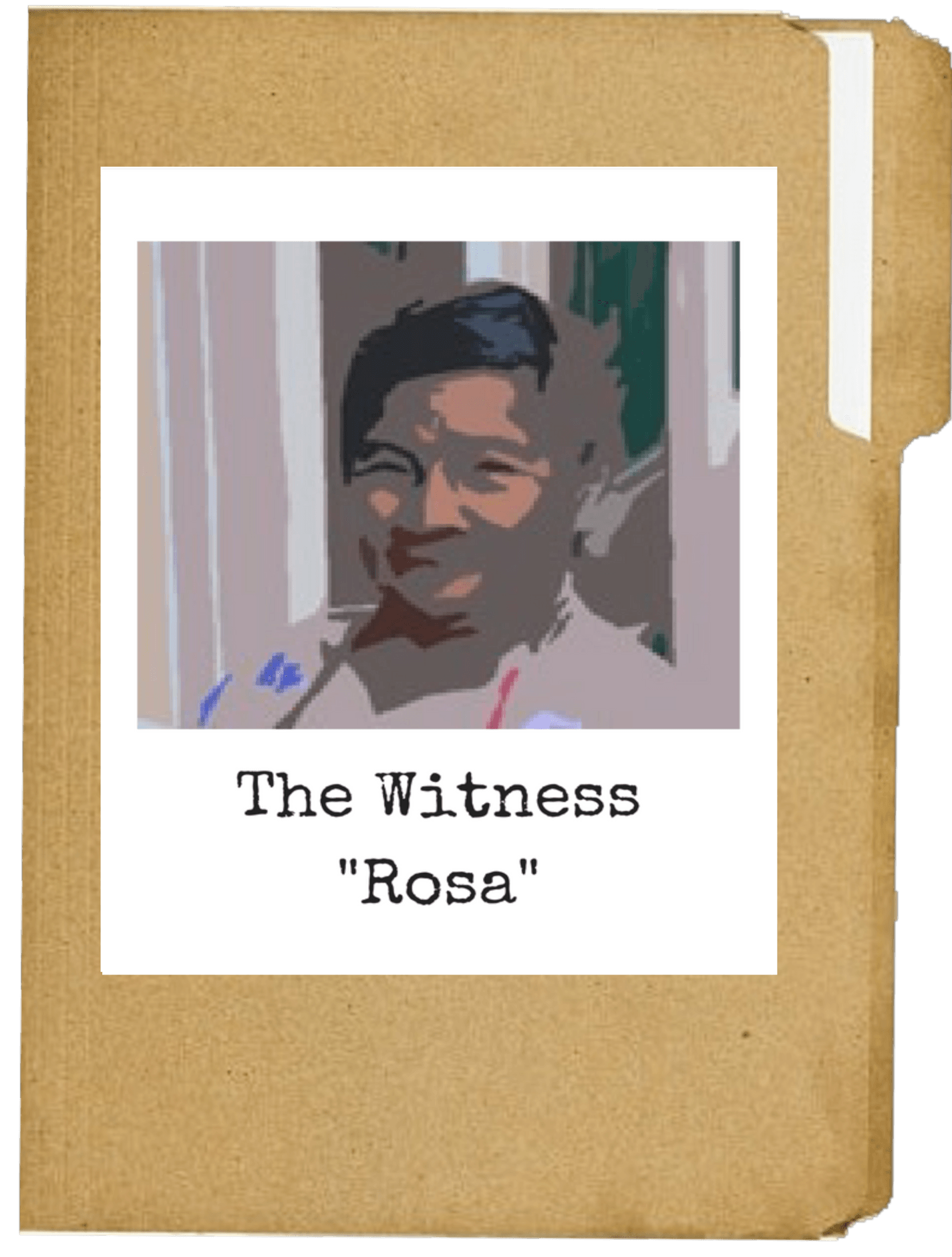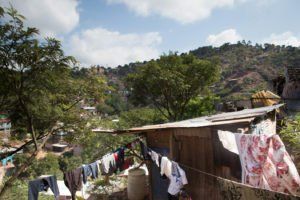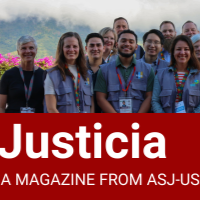Chapter 1: Witnesses and Informants Provide Crucial Information
Brave witnesses are crucial to convicting murderers in Honduras. Some of these witnesses later become community informants, providing Peace and Justice staff with important information and insight about crime in their neighborhood, and helping to solve even more cases.
Rosa’s life changed when a young man running from two gang members ran inside her family home to hide. One of the gang members followed him in, but in confusion, shot Rosa’s husband. “Idiot, you got the wrong guy!” the second gang member called out, but it was too late. Her husband had already been shot eight times.
Rosa was paralyzed. Though she’d managed to hide herself in the next room, she clearly identified the young men responsible. “I didn’t know whether to cry or to shout or what to do,” she said, “I was so afraid.”
Eventually, police arrived, but only to take Rosa’s husband to the hospital. She rode along with him and they had barely arrived at the hospital when she felt his grip on her hand loosen.
But sure enough, Mateo showed up the next day to help her box up her possessions. She felt much calmer in her new house, which was in the same neighborhood, but away from the crossfire of the warring gangs.
Encouraged by Mateo’s kindness, Rosa began attending therapy sessions to help her manage her grief and shock. At first, she couldn’t hear a gunshot without becoming paralyzed and locking down her house. “There was sort of a mental block,” she says, “I couldn’t go out into the street.”
Rosa’s visits with the psychologist helped her feel more in control of her own life. “I have recovered excellently in these two years,” she now says confidently.
“When I testified, I was so nervous at first, but I steeled myself and concentrated on what I had to do,” Rosa remembers. When the defense lawyer questioned why she was so interested in giving her testimony, trying to get her to reveal something about her identity, she remained firm, saying simply: “We’re tired of so much death.” The ASJ staff earned permission for Rosa to testify as a protected witness, which meant she could give her testimony draped in long black robes, with a voice distorter to hide her identity.
Rosa is confident that she never would have given this testimony if she didn’t have the support of ASJ’s criminal investigator. “I would be too afraid to give any of this information to the police,” she says, “If someone sees me talking to the police, they’ll kill me!”
In May 2018, two years after Rosa’s husband was murdered, the gunman was sentenced to 30 years in prison. Rosa’s eyewitness testimony was a crucial part of achieving this conviction.
Rosa is still in touch with Mateo, her psychologist, and many of the staff members from ASJ. What’s more, she has joined their network of community informants.
“When I see something that’s not right, I say ’here’s what’s going on,’ so that they can come in. If I see someone committing a crime, or know about a murder. I tell them exactly where it happened,” she says.
With eyes and ears like Rosa, ASJ investigators are able to gather information about criminal networks and sense trends of violence even before they occur. This helps contribute to lower incidences of homicide, which, for Rosa, is reason enough to continue in her support.





















